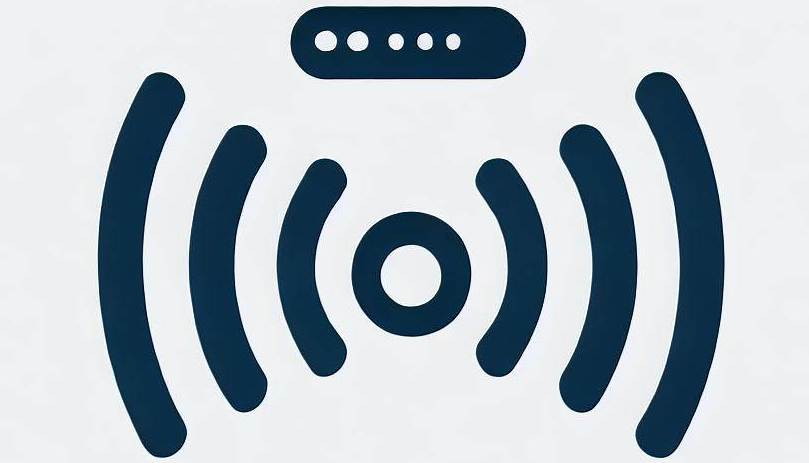
Introduction
Human relationships are intricate tapestries, woven with threads of both kindness and complexity. The paradox of receiving help from someone who simultaneously maltreats you creates a web of conflicting emotions that can have a profound impact on your mental and emotional well-being. This article delves into the intricate ways in which helper maltreatment dynamics can influence one’s psychological health.
The Emotional Turmoil
Experiencing maltreatment from someone who should be supportive and caring can lead to a whirlwind of conflicting emotions. These feelings can range from confusion and self-doubt to frustration and sadness. The very person who is meant to alleviate your struggles becomes a source of emotional distress, causing a fracture in your emotional stability.
Erosion of Self-esteem
Helper maltreatment dynamics can erode self-esteem and self-worth. Constant exposure to negative behavior can lead you to internalize the maltreatment, causing you to believe that you deserve such treatment. This internalization can chip away at your self-confidence, leaving you feeling powerless and insignificant.
Anxiety and Stress
The uncertainty surrounding the helper’s behavior can trigger anxiety and stress. Never knowing if you’ll receive kindness or maltreatment creates a constant state of unease. This heightened stress can lead to physical symptoms like headaches, fatigue, and even exacerbate existing mental health conditions.
Trust Issues
Maltreatment from someone you trusted can shatter your ability to trust others. You might begin to question the intentions of those who offer help, fearing that their kindness may come with hidden agendas. This erosion of trust can isolate you further, leading to a cycle of isolation and emotional vulnerability.
Emotional Rollercoaster
The emotional rollercoaster of helper maltreatment dynamics can lead to mood swings and emotional instability. Moments of kindness might induce feelings of relief and hope, only to be swiftly replaced by hurt and disappointment when maltreatment resurfaces. This rollercoaster can be exhausting and disrupt your emotional equilibrium.
Coping Mechanisms
Individuals subjected to helper maltreatment dynamics might develop coping mechanisms that are not always healthy. Some might retreat into themselves, isolating from others to avoid potential hurt. Others might resort to emotional numbing or self-sabotage as a way to shield themselves from the emotional pain.

Reclaiming Control
Acknowledging the impact of such dynamics is the first step towards reclaiming control over your mental and emotional well-being:
- Self-awareness: Recognize the emotional toll this relationship is taking on you.
- Seek Support: Lean on friends, family, or professionals who can provide validation, guidance, and a safe space to process your emotions.
- Set Boundaries: Establish clear boundaries with the helper to protect your emotional health.
- Practice Self-care: Prioritize self-care activities that promote emotional healing and resilience.
- Consider Professional Help: Therapists can help you navigate the complex emotions and provide tools to rebuild your sense of self.
Conclusion
Helper maltreatment dynamics wield a profound impact on your mental and emotional well-being, challenging your perceptions of trust, self-worth, and emotional stability. Recognizing the emotional toll, seeking support, and implementing coping strategies are essential steps in regaining control and rebuilding a sense of emotional equilibrium. Remember, you deserve relationships that uplift and nurture your well-being.













